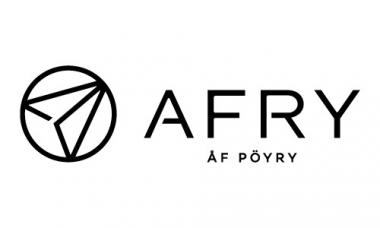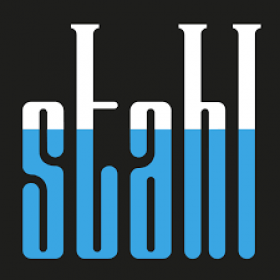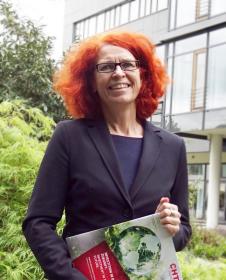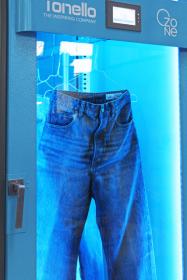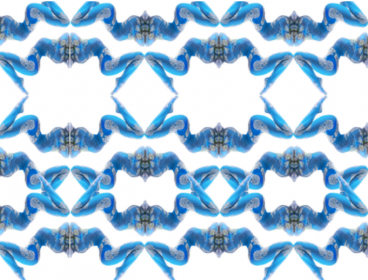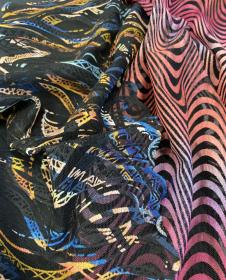International Sustainable Aviation and Energy Society Award for Professor Thomas Gries
On 27 November 2021, the Scientific Award for International Sustainable Aviation and Energy Society (SARES Award) was awarded to Professor Dr Thomas Gries from the Institut für Textiltechnik of RWTH Aachen University. The award ceremony took place during the closing ceremony of the International Symposium on Sustainable Aviation (ISSA) in a hybrid format online and simultaneously at Kasetsart University, Bangkok, Thailand.
With the award, the committee recognised the ongoing contribution of Pro-fessor Gries and the Institut für Textiltechnik to the digitisation and bio-transformation of the textile sector, as well as the Institute as a place of innovation for sustainable aviation.
Examples of this include the development of 3D braided ceramic matrix composite components for aircraft engines, which were researched together with partners in a Horizon 2020 project (EU project AllOxITD). The ongoing Chrysomallos research project as another example, funded under the national aeronautics research programme in Germany, aims to develop a completely new and sustainable high-performance insulator for aircraft cabins based on aerogels. These have a significantly lower weight than the glass fibre mats used up to now, while providing the same insulation performance, and solve the problem of the previously high manufacturing costs of aerogels. The aim of the project is to develop an insulation material with reduced density (reduction of more than 20 percent). To this end, a new type of insulation material based on aerogel is to be developed. The basis is an aerogel fleece (0.06 W/mK at 28 kg/m³), which has already been developed as part of a dissertation at the Institut für Textiltechnik of RWTH Aachen University (Mroszczok, J.: 2019).
The aviation industry is one of the fastest growing industries in the world. Due to this fact and its importance for society and the global economy, it needs to make special efforts towards sustainability. The ISSA, an international multi-disciplinary symposium, aims to address current issues in aviation such as improving aircraft fuel efficiency, promoting the use of biofuels, minimising environmental impact, mitigating greenhouse gas emissions and reducing engine and aircraft noise. ^
Through the award, SARES honours scientists and researchers whose work on sustainable aviation issues has made an important contribution at the international level. The selection is based on the scientific publications of the applicant or nominee, the h-index, i.e. the key figure for the worldwide perception of a scientist in professional circles, the project topics and the project results.
Institut für Textiltechnik der RWTH Aachen University Prof. Dr Thomas Gries aviation
ITA















